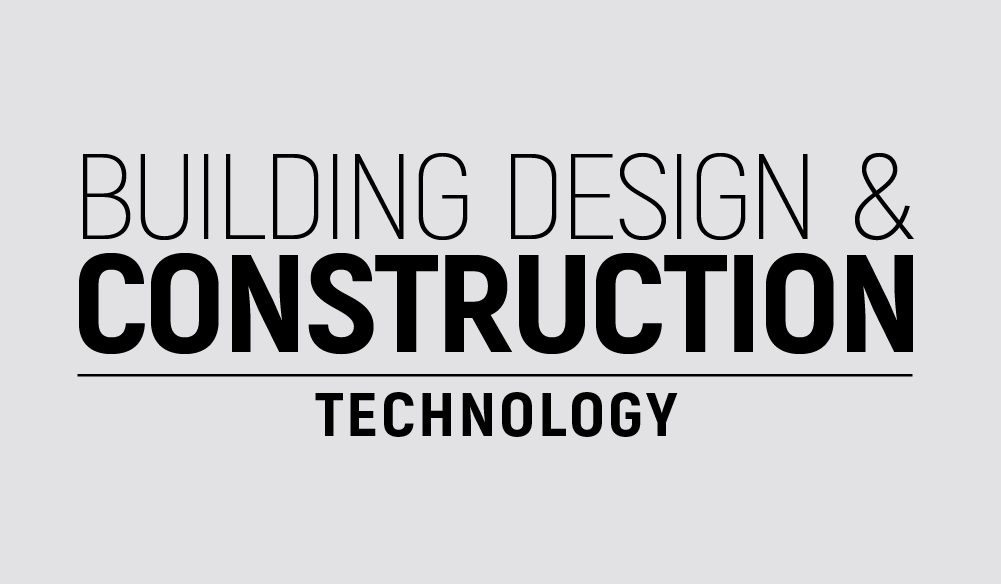Artificial intelligence (AI) is poised to transform the landscape of facilities management (FM), according to global real estate advisor, CBRE. Early adopters of this evolving technology can expect to enhance efficiency, reduce operational costs and improve the overall occupant experience.
In its AI series, CBRE uncovers the ways facilities managers can use AI to streamline processes and ultimately deliver greater value to clients and occupants. One key use of the technology is data analysis. AI can streamline workflows and reduce errors, leading to higher quality outcomes and better overall performance. Machine learning AI algorithms can analyse and interpret vast amounts of data quickly, providing valuable insights that can help in decision-making and strategic planning for FM.
By linking datasets from many different sources, such as asset optimisation, risk and energy performance, AI gives a simultaneous and holistic view of a building or estate’s performance. Looking at many datasets at the same time, rather than viewing them in silos, enables facilities managers to improve service across a range of indicators – such as optimising performance, reducing cost or reducing carbon emissions. This 360-degree estate analysis enables facilities managers to work more collaboratively with their clients and colleagues to deliver an enhanced service.
In addition, AI has the power to significantly transform the workload of facilities managers by undertaking repetitive tasks, like reviewing occupancy data for workplace comfort and adjusting building maintenance systems. Taking advantage of administrative efficiencies could speed-up many processes and deliver faster resolutions for clients. This also allows employees more time to focus on more complex, creative, and business-critical tasks – thereby enhancing job satisfaction and overall productivity.
With net zero deadlines approaching, there is increased focus on what AI and emerging technologies can do to accelerate progress. Smart systems that use AI can study patterns in a building’s energy usage and suggest tactics for decreasing consumption. By optimising lighting schedules, heating, ventilation and air conditioning according to occupancy and other external factors, machine learning algorithms can result in substantial energy savings.
Jennet Siebrits, Head of UK Research at CBRE, said: “AI is at the forefront of technological innovation, driving advancements in sustainability and data. By integrating new technologies into operations, facilities managers can adapt to changing market trends and offer more innovative solutions to their clients. Those who can bridge theoretical knowledge with practical implementation, while managing the ongoing risks, will be able to most significantly capitalise on the benefits of AI.”
Ben Taylor, Global Digital & Technology Lead at CBRE GWS Local, added: “It is not often that a technology arrives with such transformative potential. At CBRE we are committed to utilising AI in facilities management for the benefit of our clients, teams and our stakeholders. We will ensure that every space we manage is smarter, more sustainable, and tailored to the evolving needs of the people who use them.”
Building, Design & Construction Magazine | The Choice of Industry Professionals





